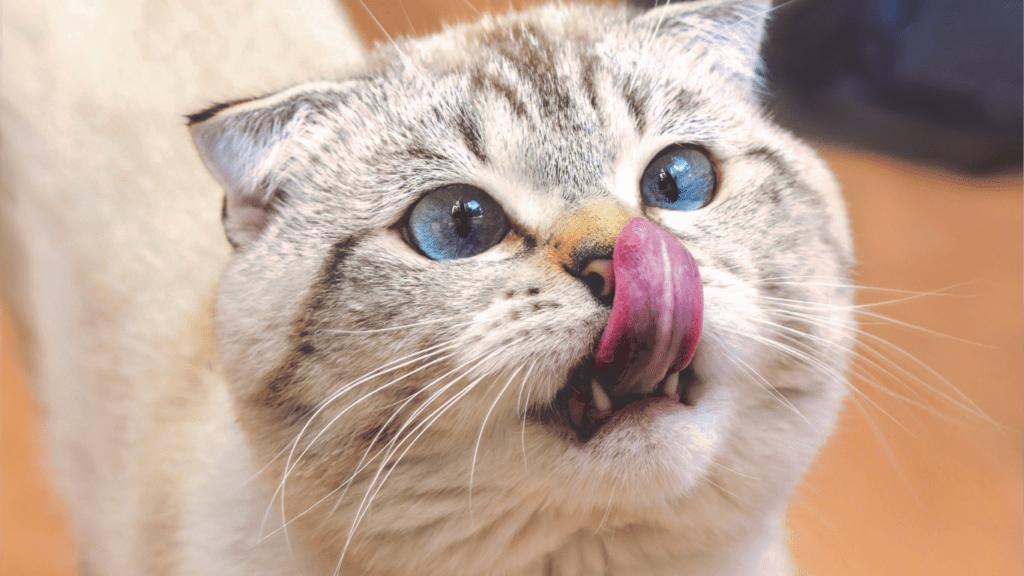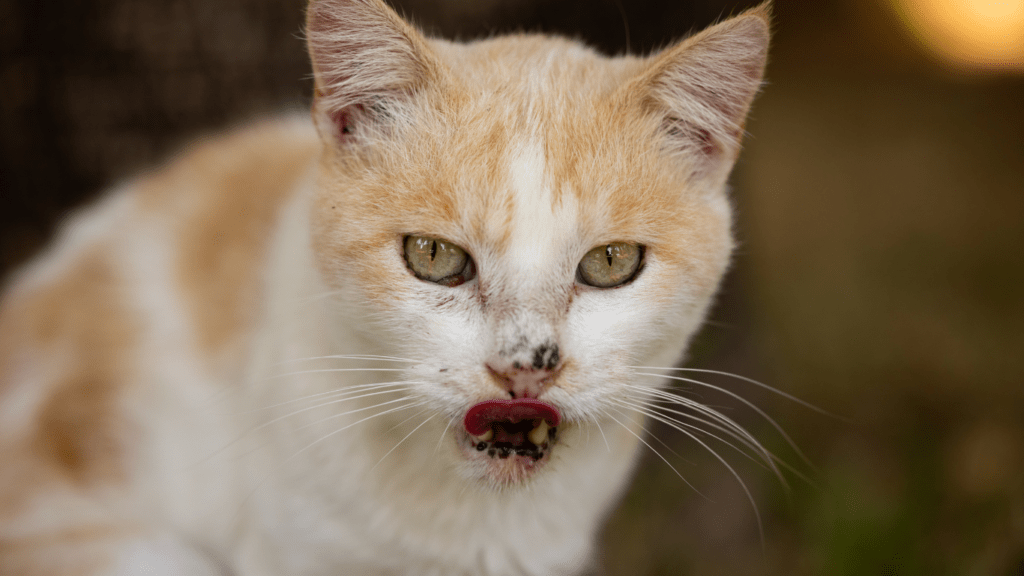As a pet owner, ensuring that your furry friend has a balanced diet is crucial for their overall health and well-being. Just like us, our pets need a mix of nutrients to thrive and lead a happy life. Crafting a diet that meets their specific nutritional needs can sometimes feel overwhelming, but with the right guidance, it can be a rewarding experience.
In this article, I’ll share valuable insights on how to create a balanced diet for your beloved companion. From understanding their dietary requirements to selecting the right ingredients, I’ll provide you with practical tips to help you make informed decisions when it comes to your pet’s nutrition. By following these guidelines, you can give your furry friend the gift of good health through a well-balanced and nutritious diet.
The Importance of a Balanced Diet for Pets
Understanding the significance of providing a balanced diet for our furry friends is crucial for their overall health and well-being. As pet owners, it’s essential to cater to our pets’ dietary requirements by selecting appropriate ingredients that fulfill their nutritional needs. This practice ensures that our pets receive the necessary vitamins, minerals, and nutrients essential for their growth and vitality. By offering a well-balanced and nutritious diet, we aim to promote good health and longevity in our beloved pets.
Understanding Your Pet’s Nutritional Needs
As I delve into understanding your pet’s nutritional needs, it’s crucial to recognize that different pets, such as dogs and cats, have varying dietary requirements based on their species, breed, size, age, and activity level. Providing a balanced diet tailored to your furry friend’s specific needs is essential for their overall health and well-being.
When considering your pet’s nutritional needs, it’s vital to focus on providing them with the right balance of proteins, carbohydrates, fats, vitamins, and minerals. Proteins are essential for muscle development and repair, while carbohydrates provide energy for daily activities. Fats play a role in maintaining healthy skin and coat, as well as supporting various bodily functions.
Moreover, vitamins and minerals are necessary for supporting your pet’s immune system, bone health, and overall vitality. By incorporating a variety of nutrient-rich ingredients in your pet’s diet, you can ensure they receive all the essential nutrients they need to thrive. Remember, a well-rounded diet is key to promoting your pet’s longevity and quality of life.
In essence, understanding your pet’s nutritional needs involves tailoring their diet to meet their specific requirements based on factors like species, breed, size, age, and activity level. By providing a balanced and nutritious diet rich in essential nutrients, you can help support your pet’s health and well-being, ultimately enhancing their quality of life.
Designing a Balanced Diet for Your Furry Friend
When designing a balanced diet for your furry friend, it’s crucial to consider various factors.
- Choosing the Right Pet Food
When choosing the right pet food, I focus on quality ingredients that align with my pet’s specific nutritional needs. I check for key elements like proteins, fats, and carbohydrates to ensure a well-rounded meal that supports my pet’s overall health. - Incorporating Variety in Your Pet’s Diet
I believe in incorporating variety in my pet’s diet to provide a wide range of nutrients. I mix different types of proteins, vegetables, and grains to offer a diverse array of vitamins and minerals essential for my pet’s well-being.
Monitoring Portion Sizes
Monitoring portion sizes is essential to prevent underfeeding or overfeeding my pet. I adjust the serving sizes based on my pet’s age, size, and activity level to maintain a healthy weight and ensure they receive the right amount of nutrients.
Addressing Special Dietary Requirements
When catering to our furry friends’ dietary needs, it’s crucial to be aware that they may have special requirements that differ from standard nutrition. These unique needs could stem from health conditions, allergies, or sensitivities. It’s vital to address these special dietary requirements with precision to ensure our pets’ optimal health and well-being.
For pets with specific health issues like diabetes or kidney disease, consulting a veterinarian is the best approach. A vet can provide expert guidance on formulating a diet plan that aligns with the pet’s condition. Specialized pet foods formulated for these conditions may be recommended, ensuring the pet’s nutritional needs are met while managing their health issue effectively.
In cases where pets have food allergies or sensitivities, it’s essential to identify and eliminate the problematic ingredients. This might involve opting for hypoallergenic pet foods or preparing homemade meals with vet-approved ingredients. By carefully managing the pet’s diet, we can alleviate discomfort and ensure a balanced nutritional intake.
Understanding and accommodating our furry companion’s special dietary requirements is a testament to our commitment to their health and happiness. By taking proactive steps to tailor their diet to their specific needs, we can enhance their quality of life and foster a strong bond based on trust and well-being.




 Johnford Hillarrio is a health and fitness advocate contributing to My Healthy Living and Strategies, where he shares his passion for promoting physical and mental well-being. With a background in exercise science and nutrition, Johnford focuses on helping readers find sustainable ways to improve their overall health. His content offers actionable tips on fitness routines, healthy eating habits, and maintaining mental clarity.
Johnford Hillarrio is a health and fitness advocate contributing to My Healthy Living and Strategies, where he shares his passion for promoting physical and mental well-being. With a background in exercise science and nutrition, Johnford focuses on helping readers find sustainable ways to improve their overall health. His content offers actionable tips on fitness routines, healthy eating habits, and maintaining mental clarity.